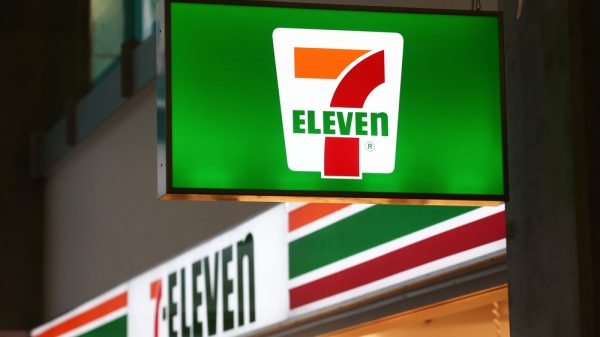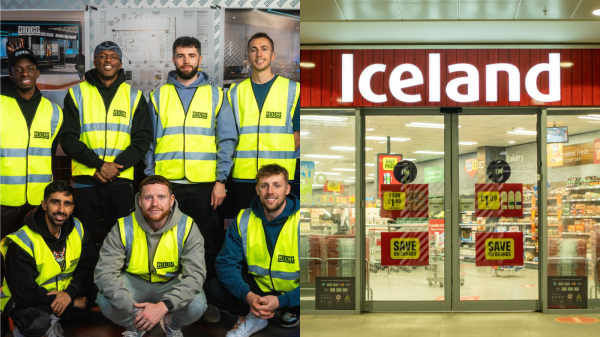Frozen food retailer Iceland has announced its debt rating has downgraded by Moody’s after the grocer fell to a pre-tax loss last year.
According to new filings on Companies House, Iceland revealed a pre-tax loss of £4.1 million for the year ended 25 March.
This was compared with a profit of £71.3 million in the year prior, which was boosted by Covid demand.
Sales dropped for the retailer by 4.3% to £3.55 billion, while its market share edged back slightly to 2.3% from 2.4%.
Adjusted EBITDA for the year fell back to £127.1 million from £171.9 million, which saw a substantial fall in its first quarter before seeing a steady improvement throughout the year.
Exceptional items for the period totalled £30 million in the year, driven by impairment of inter-company loans, Covid related, restructuring costs and expenses associated with the HGV delivery driver shortages.
Iceland added that it experienced a record-breaking Christmas in the third quarter and had traded well through the final quarter, with improving in-store performance.
READ MORE: Iceland partners with Utilita to help households save £604 on energy bills
However, credit ratings agency Moody’s downgraded the company from B2 to B3 – now six notches below investment grade and rated “highly speculative” – amid concerns over the impact of inflation, energy costs and customer spendings.
“Rising inflation is likely to erode the already thin operating margins of UK grocers this year as the sector remains very competitive and companies are cautious to raise prices in order to preserve market share,” Moody’s said.
Moody’s added that it expects Iceland’s electricity bill will be more than double in fiscal 2023, ending March, compared with the same period last year.
It also claims that the supermarket faces refinancing risks, given its bonds trade “well below par” and it costs of debt is likely to rise after a refinancing.
Moody’s said: “The company’s already weak credit metrics, and in particular its interest cover and free cash flows, would likely come under more pressure if the company is unable to refinance at similarly low rates.”
Iceland continued to have “performed strongly in the past during periods when GDP has contracted and household incomes have been squeezed” and said it had traded well since year end, with year-on-year sales growth and footfall showing “encouraging signs”.
Iceland’s online business is holding its increased post-pandemic market share, according to the retailer.
“Our unique positioning as a specialist frozen food discounter, offering savings versus the market, provides us with a further competitive edge which we are already seeing reflected in outperformance of the sector.”
Moody’s added:”Within our own operations, we are pleased to report that we have been able to offset all cost increases to date – with the sole exception of energy – through early and decisive action to reduce costs in our stores, depots and delivered sales network.”
However, while it retains forward cover for a proportion of its energy bills, in the absence of market stabilisation it will “be unable to avoid a temporary reduction in our profits in the current year”.
Click here to sign up to Grocery Gazette’s free daily email newsletter









